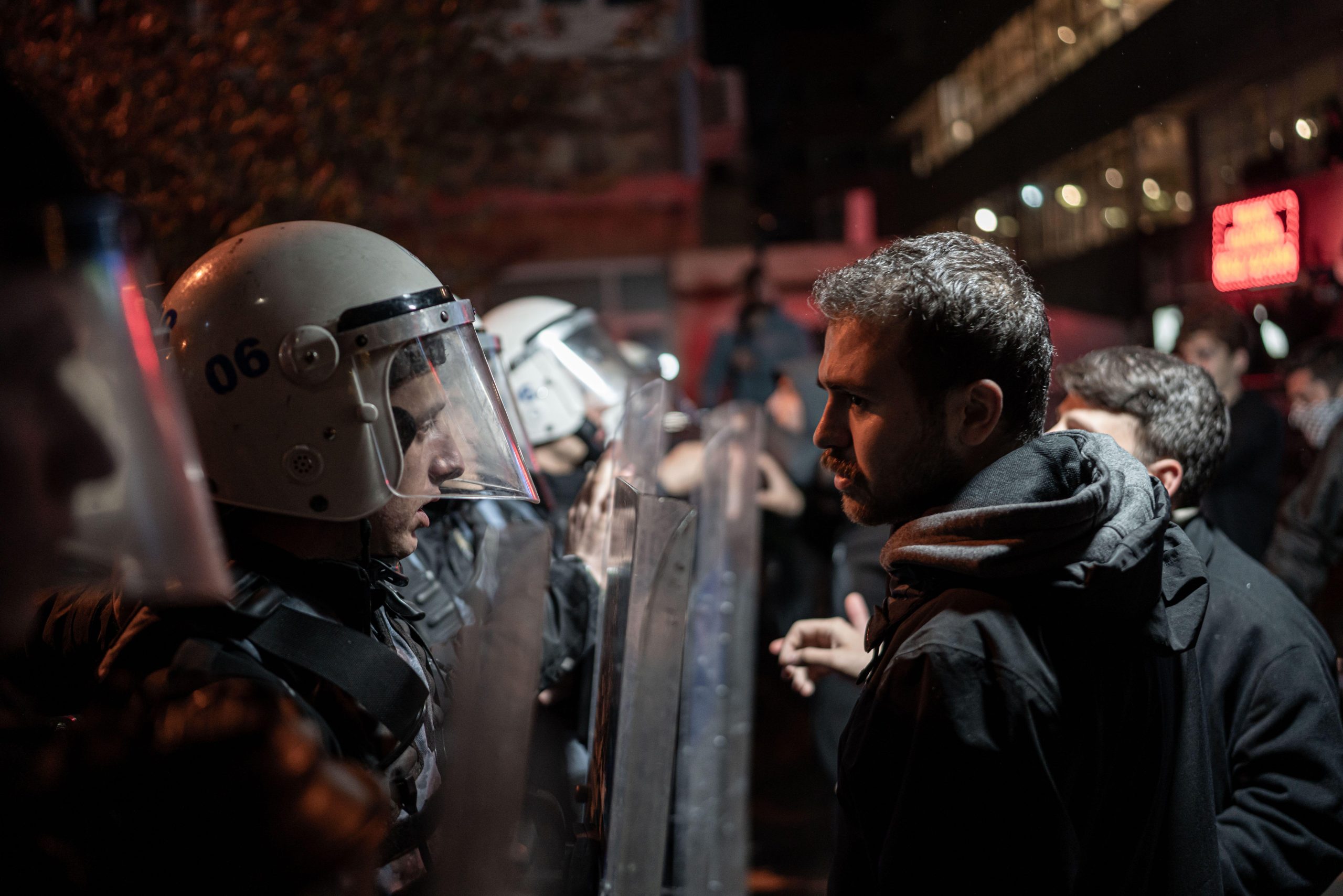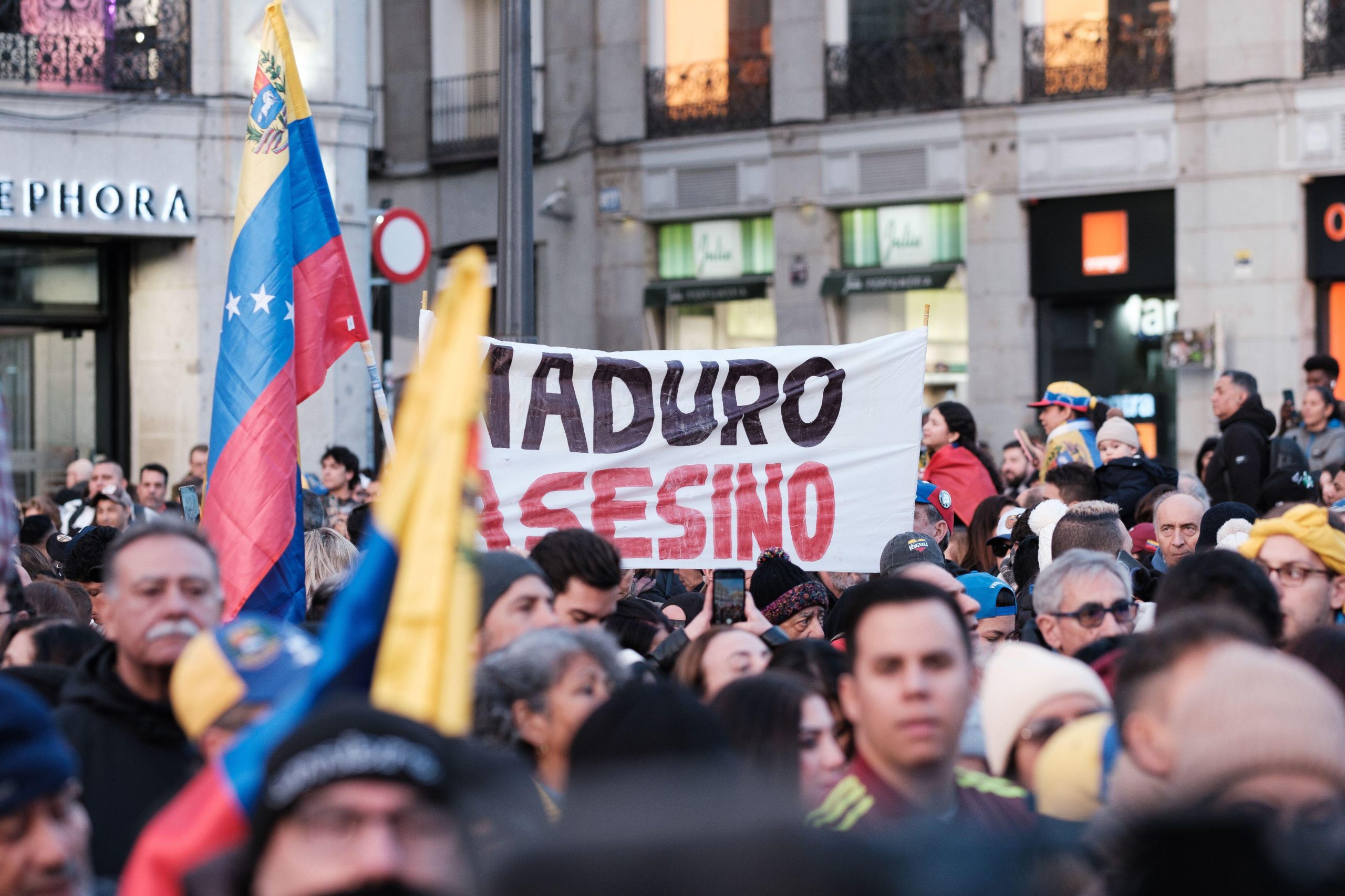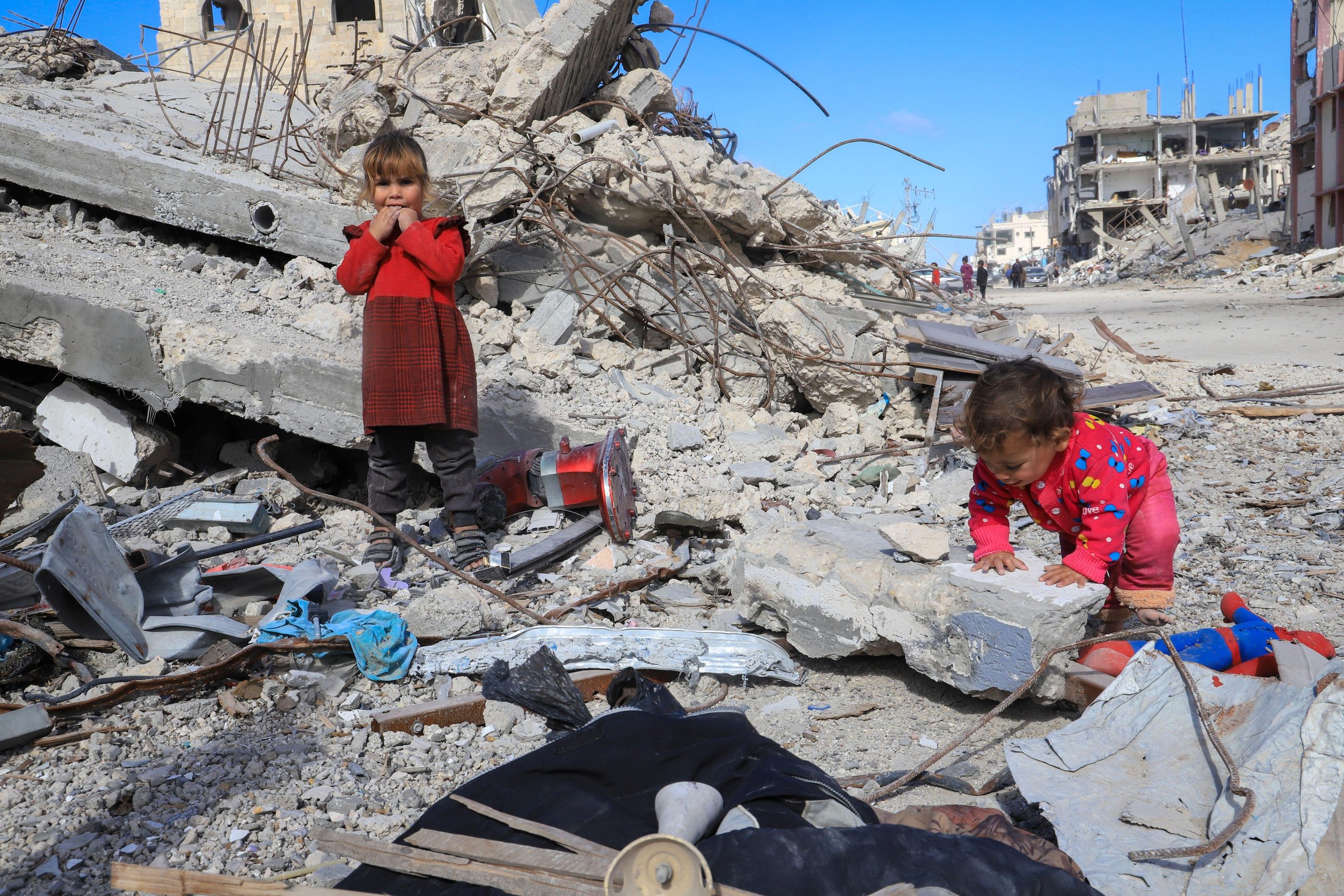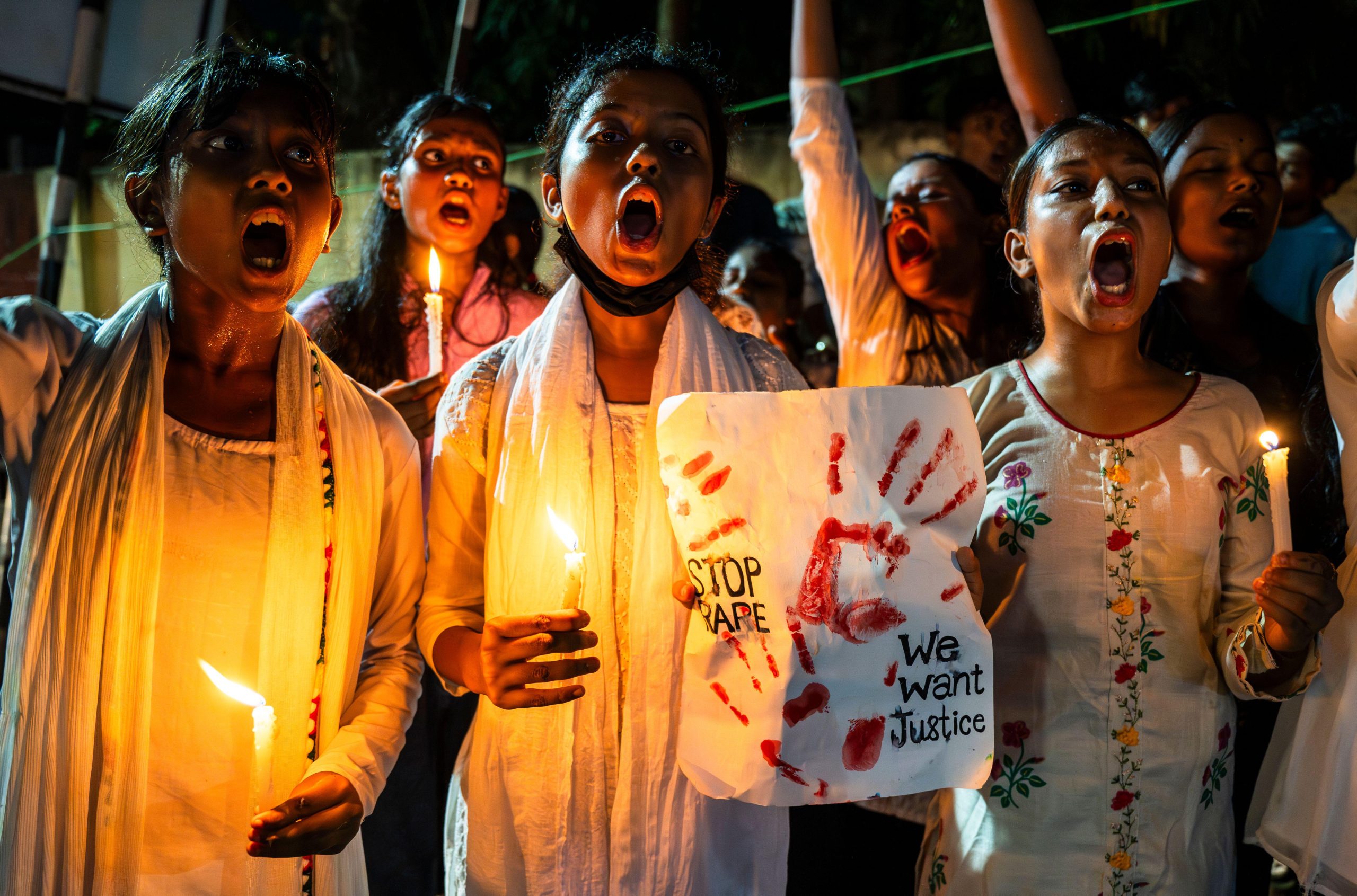
Turkish President Recep Tayyip Erdogan (Photo: Philip Janek / Demotix)
The ongoing deterioration in Turkey’s press freedom has been well documented by Index on Censorship’s Mapping Media Freedom project since its launch in 2014. The crackdown appears to be getting worse, according to a new report by Amnesty International this month. It states that the “human rights situation deteriorated markedly” in Turkey in 2015, as did respect for freedom of expression, including criminal detention though anti-terror laws and the targeting of anyone critical of government policy.
Despite the welcome release of Cumhuriyet journalists Can Dündar and Erdem Gül on 26 February, the situation for media freedom looks uncertain. Here are some of the most worrying reports from February.
Journalists killed
In total, Mapping Media Freedom has recorded the deaths of 15 journalists since July 2014. Seven of these deaths have occurred in Turkey, two of those in this year alone. Gülsen Yıldız, a journalist working in Ankara for Tarim TV, was killed on 18 February. She was among 28 people who died during a terrorist attack on passing military vehicles in the capital.
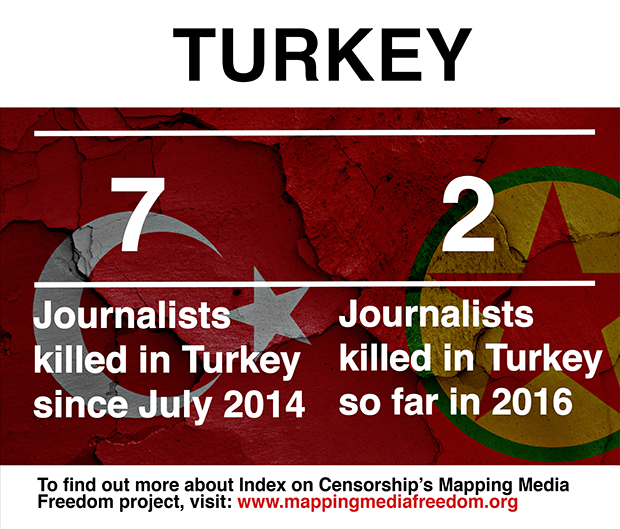
Source: Index on Censorship / Mapping Media Freedom
Later in February, the discovery of a body, later identified as journalist Rohat Aktaş, in the southeastern town of Cizre. Aktaş had been shot in the arm in late January while covering efforts to help those wounded during clashes between Kurdish separatists and Turkish forces.
On 24 February, Dicle-Haber reported that Aktaş’ body was identified by DNA tests carried out by the forensic authority. “Scores” of people are reported to have been killed in Cizre following a raid by security services on buildings they say harboured Kurdish separatist fighters. The exact details of Aktaş’ death are currently unknown.
Journalists detained on anti-terror charges
This year began on a somewhat positive note with the 5 January release of VICE News journalist Mohammed Ismael Rasool. Rasool, an Iraqi Kurdish reporter, had been detained since 27 August 2015 while reporting in the country’s southeast and charged with working for a terrorist organisation.
On 11 February, Nazım Daştan, a journalist for Dicle News Agency (DİHA), which reports in Kurdish, was arrested in Gaziantep on charges of spreading online propaganda for the Kurdistan Workers’ Party (PKK), which the Turkish state lists as a terrorist group. On the next day, he was brought to testify in court and then taken to jail.
On the same date, Feyyaz İmrak, also journalist for Dicle News Agency (DİHA), was arrested along with 16 others on charges of being members of the PKK. Police searched his home and confiscated his reporting equipment and notes.
İmrak appeared before a criminal court 15 February to hear the charges against him, and is currently being held at Antalya Prison, pending trial.
Journalists denied access
Gazeteci Silje Rønning Kampesæter nişanlısı Kürt olduğu için Türkiye’den kovulmuş. #BravoAKP https://t.co/DHsxSV85rh pic.twitter.com/voLl4FJfWX
— Stefan Fenzi (@sfen_) February 10, 2016
For any journalist, access to sources is essential for their ability to carry out their duties. The denial of access is a major problem for journalists in Turkey, something foreign journalists know all too well.
On 9 February, Turkish authorities rejected a permanent press accreditation application filed by Silje Rønning Kampesæter, a correspondent for Norway’s Aftenposten. The press accreditation application also affects her residence permit in Turkey. No reason was given for the rejection.
The authorities also detained Claus Blok Thomsen, a Danish journalist working for Denmark’s daily newspaper Politiken, at the Istanbul airport, barring him from entering the country. The journalist was seeking access to report on refugees at the Turkish-Syrian border.
When Thomsen identified himself as a journalist, police forced him to open his phone and computer, undermining the confidentiality of his sources. He was then detained in a cell overnight and put on a plane to Copenhagen the next day. He was reportedly told to not try re-entering Turkey.
Also see:
Statement: Index condemns seizure of Zaman
Sign Our Petition: End Turkey’s crackdown on press freedom
Letter: Writers and artists condemn seizure of Zaman news group
Reaction: Turkish court orders seizure of Zaman news group
This article was originally published at Index on Censorship.
Mapping Media Freedom
|

